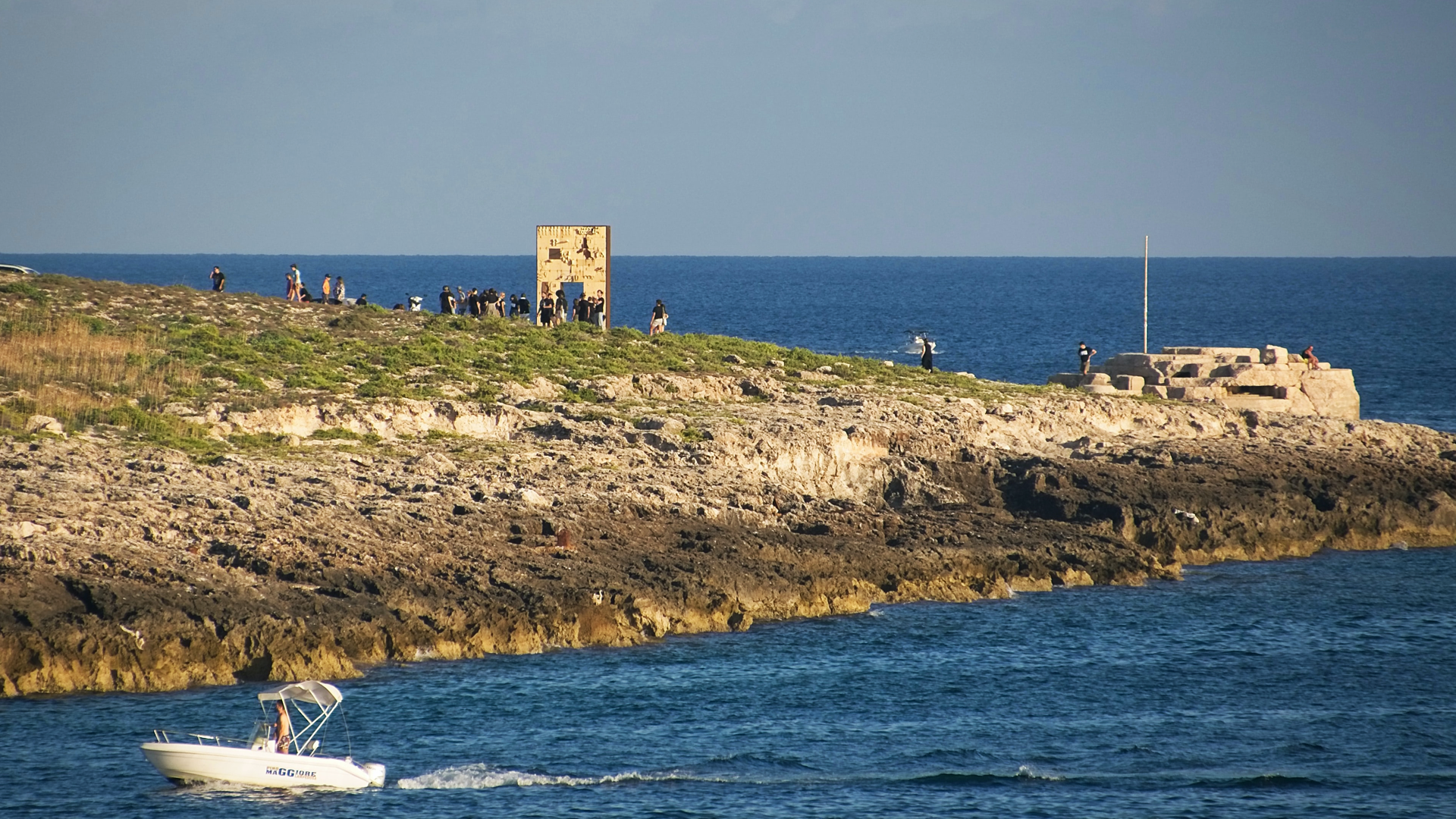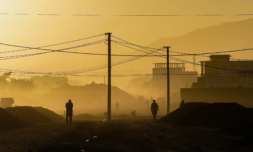In Italy, a country once home to Benito Mussolini, a leader who radicalised society between 1919 and 1945, history is on the verge of repeating itself.
On 10 September, police officers arrested a 26-year-old Somali asylum seeker for allegedly stabbing four women and a six-year-old boy in Italy’s north-eastern town of Rimini.
While Luciana Lamorgese, the country’s interior minister, called the incident a ‘very grave episode’, it didn’t take long for Matteo Salvini, the far-right leader of Italy’s Northern League party, to turn this against her.
‘Minister Lamorgese, how many other victims do we have to count until Italy becomes a safe country?’ he tweeted on Sunday.
Salvini isn’t alone in his hostility towards refugees entering the country. But that hasn’t dissuaded Mario Draghi, Italy’s prime minister, from openly accepting asylum seekers and criticising the leaders of other EU nations.
‘Saving Afghans is a global problem,’ he said of the recent influx of Afghan refugees. ‘Yet various countries have said “we don’t want refugees” – how can you do that?’
Draghi has built an impressive reputation for himself over the past decade, from stabilising the Euro economy during his time as the president of the European Central Bank to being labelled one of TIME’s 100 most influential people of 2021. Unfortunately, the polls are stacking up against him.
Statista recently found that, while Draghi’s Democratic party is currently in power, 19.8% of voters intend to vote for Salvini’s Northern League, and nearly 21% are leaning towards the far-right party Brothers of Italy, led by Giorgia Meloni. The shift is particularly massive for the latter, which only gained 4% of votes in the country’s 2018 election.
The shift, however, is not something new.
Italy is governed by a president and a prime minister, who, more often than not, is not voted directly, but is the result of a hung parliament and a coalition. The country has been a democracy since 1948, following the abolishment of a monarchy and Mussolini’s period of fascist rule.
Democracy hasn’t come easy though – and it’s still not simple.
Mandates for Italian prime ministers last five years. But, over the last 76 years, it has had 67 executives and an average of one new government every 1.14 years. This, according to The Economist, is because deputies and senators regularly change their political preferences. Between the last election and the end of 2020, 147 of Italy’s 945 deputies and senators changed their parties.
Meloni has also recently considerably swayed politics. Brothers of Italy, which was named after the opening words of the Italian national anthem, was formed in 2012 and is based on the post-fascist movement founded after Mussolini’s downfall.
She has continuously reformed its manifesto since it was established, maintaining a prevalent anti-immigration, Eurosceptic, and anti-LGBT theme.
Carlo Fidanza, who represents the Brothers of Italy in the European Parliament, took to Facebook in March to comment on the ‘already precarious Covid-19 situation’ that refugees were ‘aggravating’. ‘Defending our borders means defending Italians’ health,’ he said.
The Facebook post received hundreds of reactions and over 80 comments. One user wrote: ‘The Italian government doesn’t understand that it’s the immigrants that are bringing the diseases… we’ve had enough, close the ports.’
Another added: ‘It’s a complete mess and we’re completely dependent on an incompetent government.’
The majority of comments accused Italy’s interior minister of not caring about Italians’ health and prioritising the wellbeing of thousands of ‘strangers’.




















